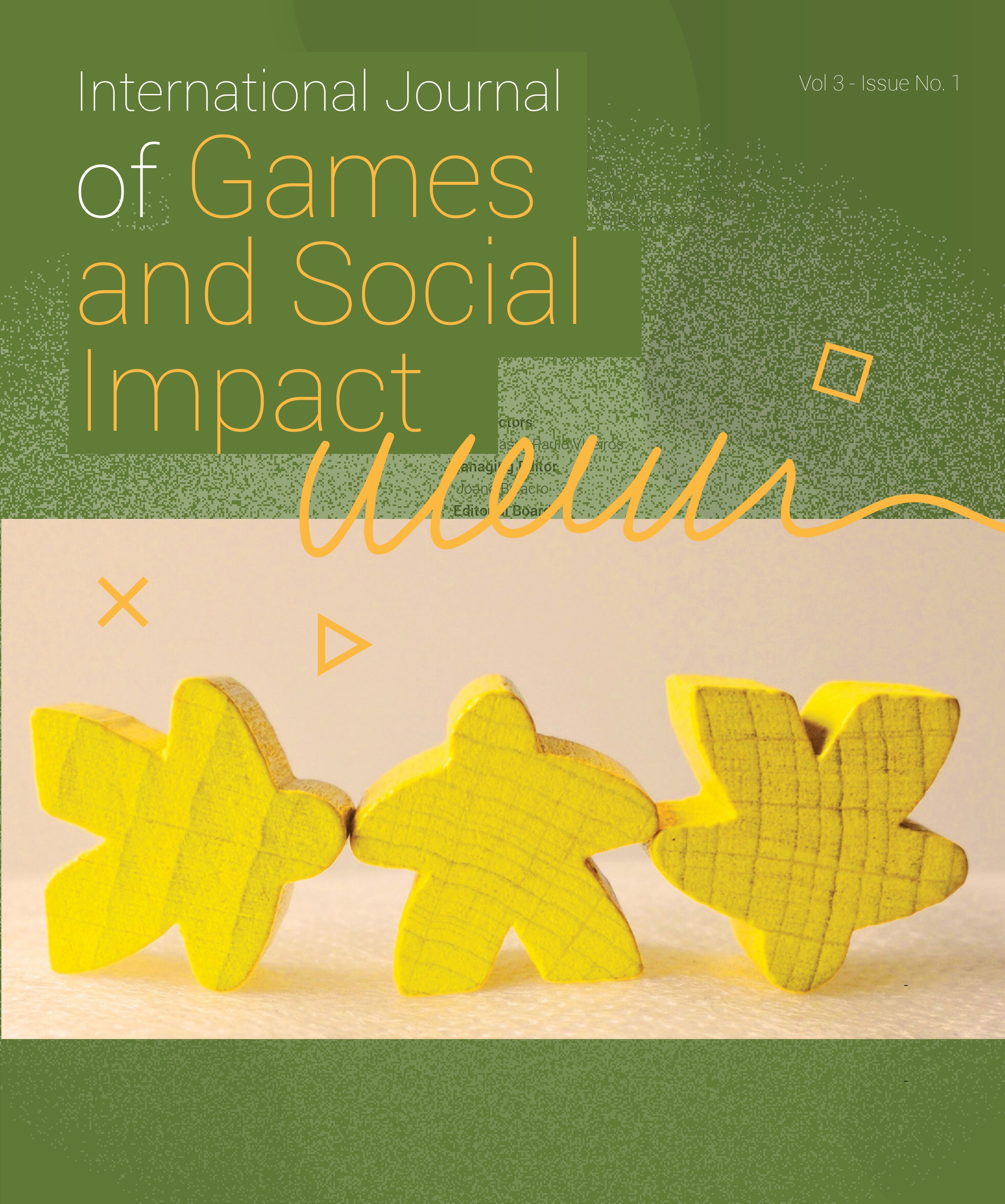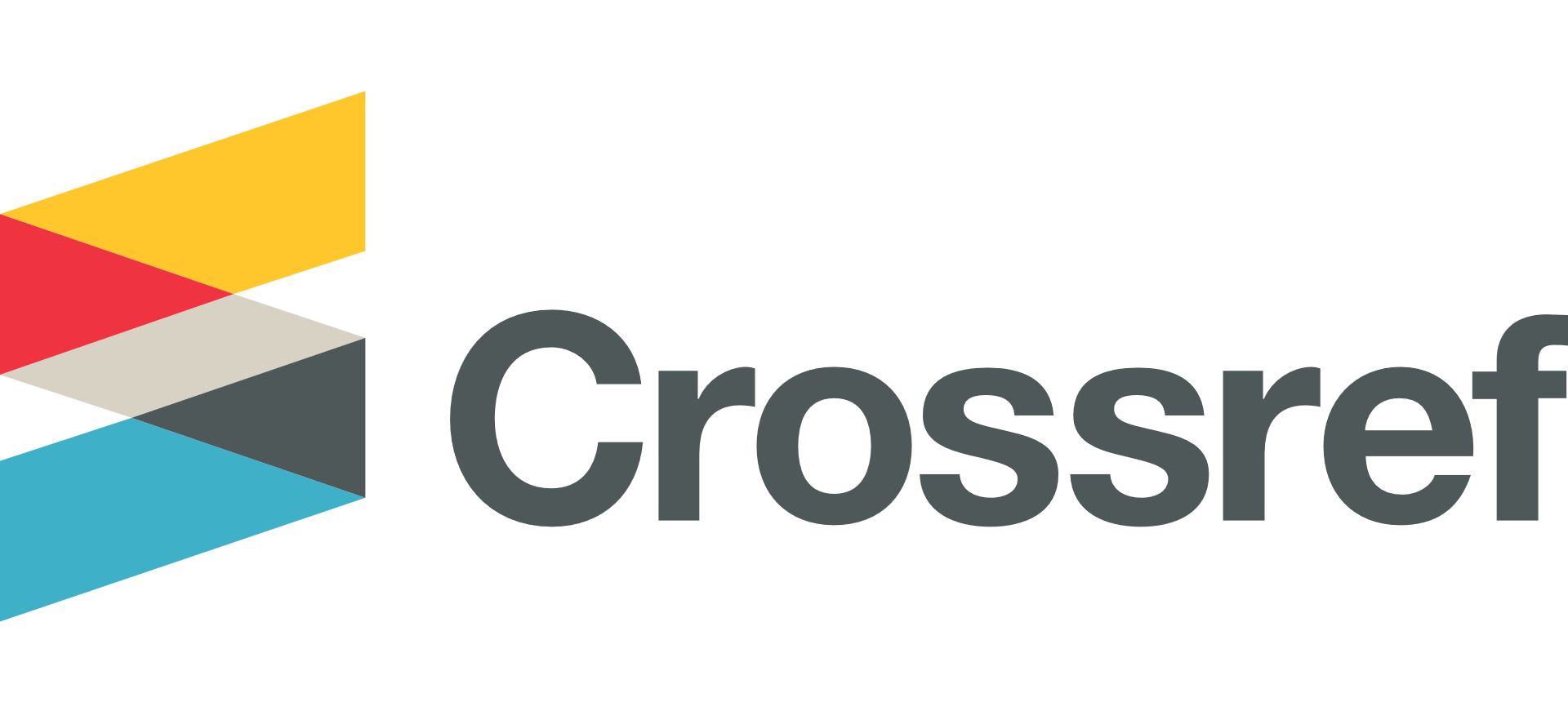HUIZINGA AND “EVERYTHING IS PLAY”
A THINLY VEILED FORMALIST TEMPTATION. A CRITIQUE
Abstract
This article critically examines the concept of formalism in game studies, with a particular focus on Johan Huizinga’s notion of “play” and its relationship with “game.” It argues that while Huizinga’s concept has been influential in shaping the understanding of “play,” it tends to prioritize formalistic and metaphysical interpretations over broader socio-cultural contexts. By conflating “play” and “game,” Huizinga’s framework overlooks important tensions between notions of freedom, historicity, and formalism within game studies. The article suggests that a more nuanced understanding of “play” is needed, one that integrates considerations of rules, themes, and contexts, moving beyond metaphysical categorizations. Through this critical analysis, the article aims to contribute to ongoing discussions in game studies and encourage further exploration of the multifaceted nature of games in contemporary society.
Downloads
Copyright (c) 2025 Paulo Antunes

This work is licensed under a Creative Commons Attribution-NonCommercial-ShareAlike 4.0 International License.
This work is licensed under a Creative Commons Attribution-NonCommercial-ShareAlike 4.0 International License. The rights of each article are attributed to their author(s).









